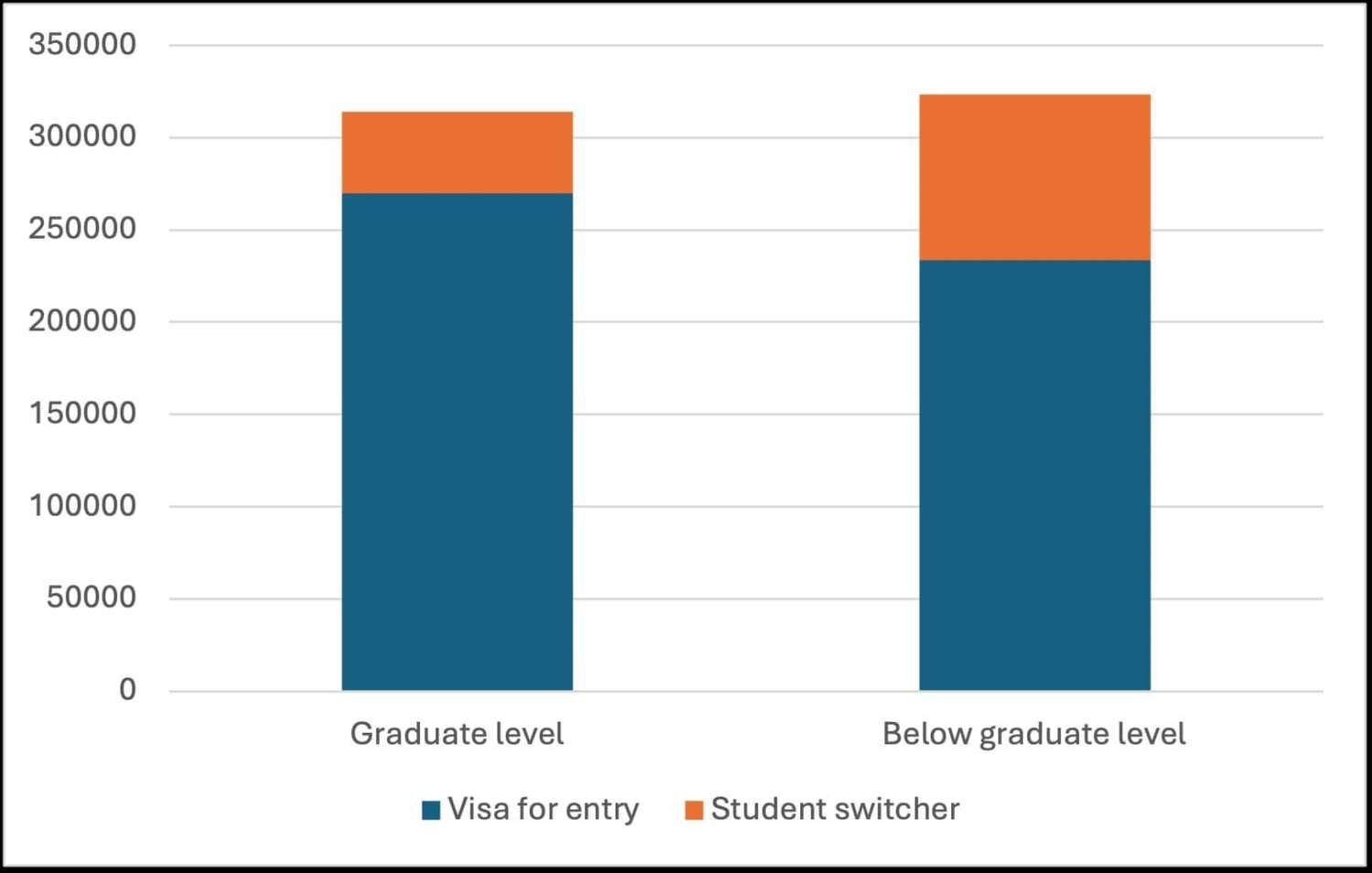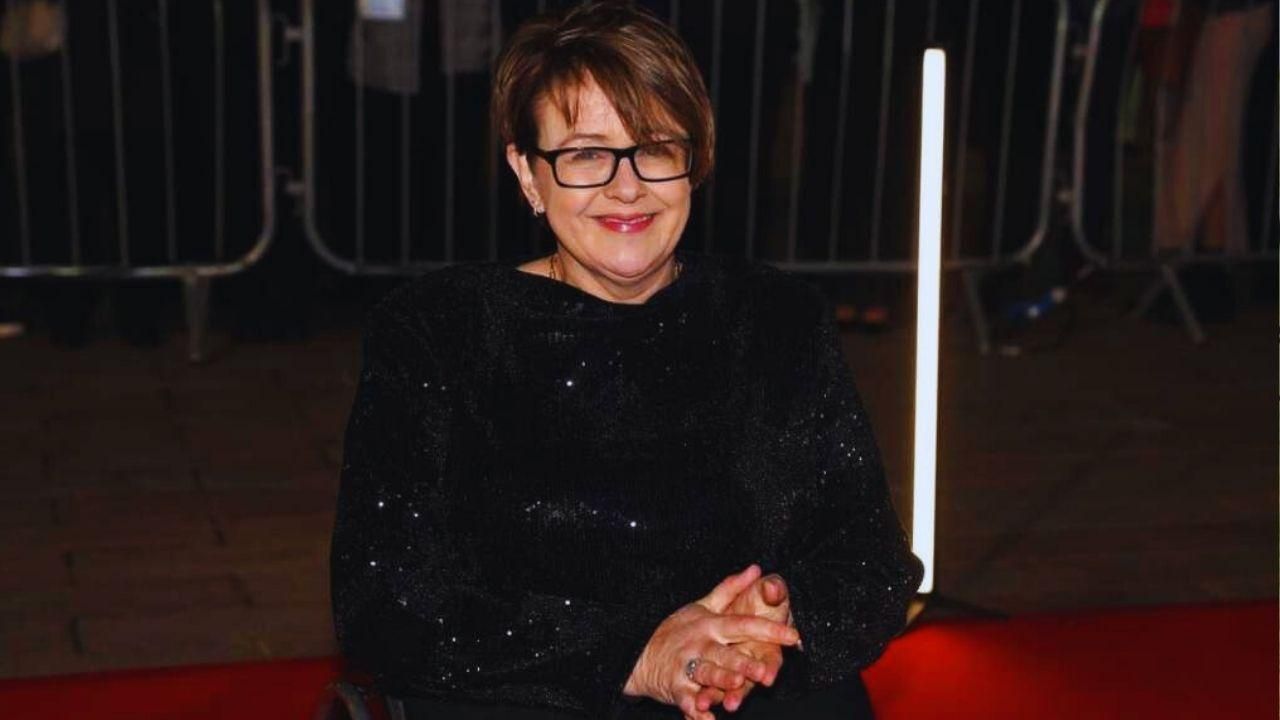Supporting a report that describes the proposed legislation on assisted dying as a slippery slope, a Paralympic champion has urged lawmakers to reject it.
Eleven-time gold medallist Baroness Tanni Grey-Thompson cautioned that altering the law would result in a "seismic shift" in the way the healthcare system treats patients.
“I urge Parliamentarians to understand the significance of proposed changes to the law and the seismic shift it would cause to the way we choose to care for people at their most vulnerable,” she said.
The proposed legislation is to be debated by MPs on November 29.
“Protecting people is something the current prohibition on encouraging or assisting suicide does well,” Baroness Grey-Thompson said.
“Parliamentarians should be in no doubt that a change to this law would fundamentally alter the political and societal landscape for disabled people.”
Only terminally ill adults with less than six months to live who have a settled wish to end their lives would be eligible under the proposed law, which is being put forward by Labour MP Kim Leadbeater.
The report from Dr John Keown, a Christian ethicist, argued the proposed law could “grease the slope” and pointed to potential extensions to include children or those living with mental and chronic illnesses or disabilities.
Baroness Grey-Thompson’s call was backed by Conservative baron and disability rights campaigner Kevin Shinkwin, who was born with brittle bone disease.
“Precedents in other jurisdictions show that safeguards are quickly eroded, and disabled people become targets by default,” he said.
“We should not be in any doubt: the stakes could not be higher.”
Ms Leadbeater and supporters of the proposed Bill say it includes “three layers of scrutiny” requiring sign-off by two doctors and a High Court judge.
Health Secretary Wes Streeting has ordered NHS officials to carry out a cost analysis of any change and has warned it could cost the health system more if a new law were to be implemented.
Research from the Nuffield Council on Bioethics (NCOB) found the majority of people support legislating assisted dying in England.
But there are certain caveats linked to the support – including the implementation of safeguards to ensure the service could not be abused, researchers found.
The September survey found that seven in 10 (70%) people in England support a change in the law on assisted dying, and 14% oppose a change.








.svg)


